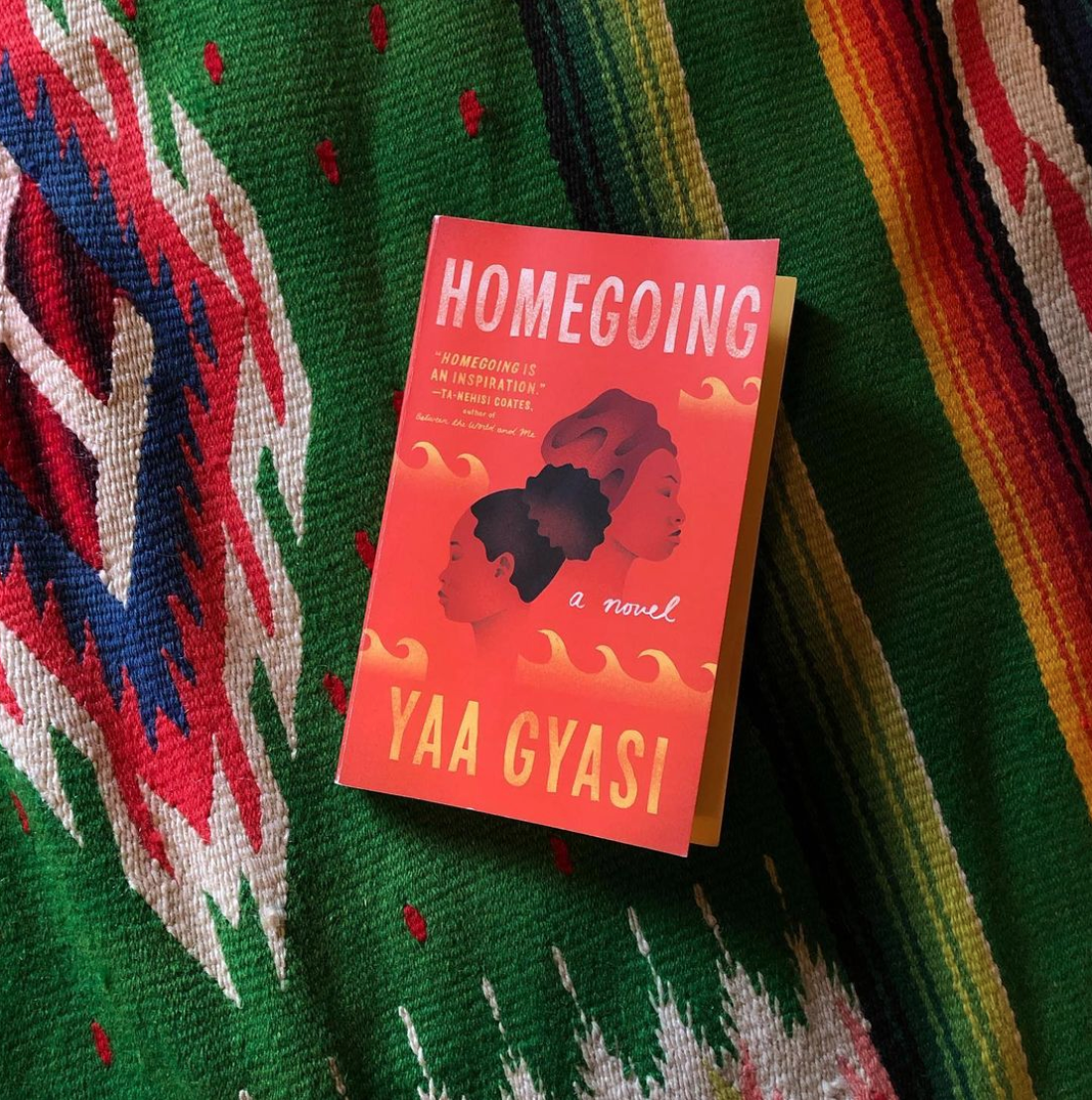Homegoing
Yaa Gyasi

“The need to call this thing ‘good’ and this thing ‘bad,’ this thing ‘white’ and this thing ‘black’... In her village, everything was everything. Everything bore the weight of everything else.”
I was amazed by this book in a way that I had forgotten was possible. To express it, I will look to one of its many vivid portraits: Marcus, a sociology student. With his research he wants to capture “the feeling of time, of having been a part of something that stretched so far back, was so improbably large, that it was easy to forget that she, and he, and everyone else, existed in it - not apart from it, but inside of it.”
This, I believe, is what Yaa Gyasi has accomplished with her own work. From the onset of slavery to its transition into the prison industrial complex and from coal mining to Christianity, she reminds us what we have never stepped out of.
I was amazed by this book in a way that I had forgotten was possible. To express it, I will look to one of its many vivid portraits: Marcus, a sociology student. With his research he wants to capture “the feeling of time, of having been a part of something that stretched so far back, was so improbably large, that it was easy to forget that she, and he, and everyone else, existed in it - not apart from it, but inside of it.”
This, I believe, is what Yaa Gyasi has accomplished with her own work. From the onset of slavery to its transition into the prison industrial complex and from coal mining to Christianity, she reminds us what we have never stepped out of.